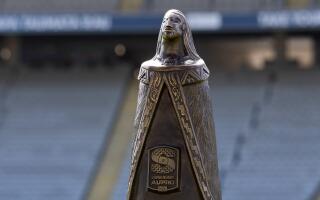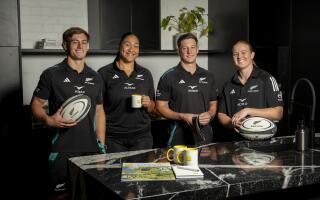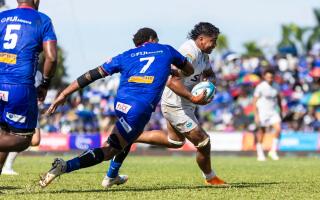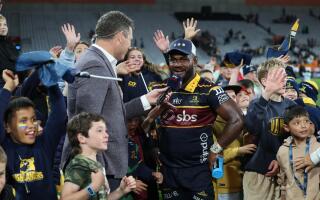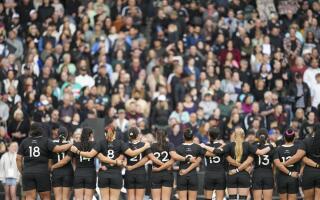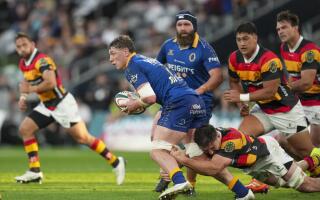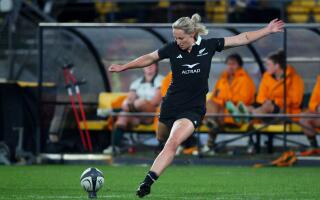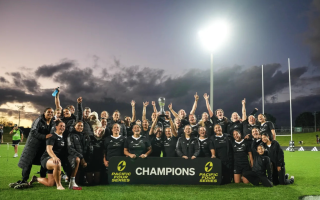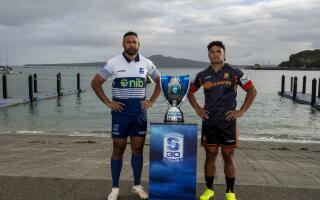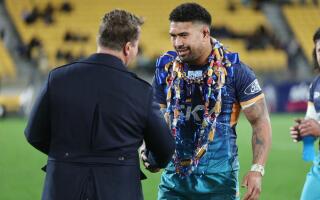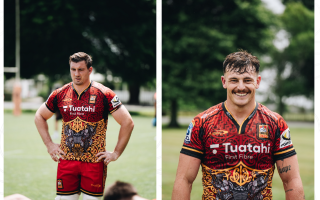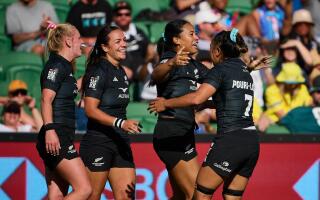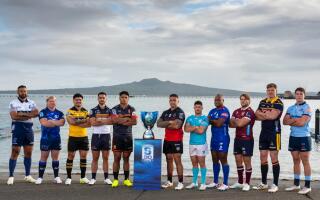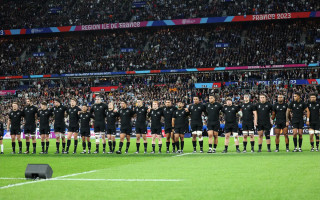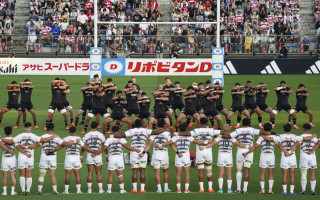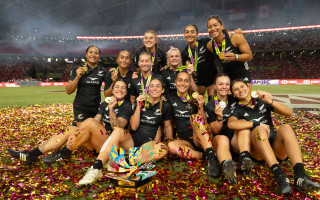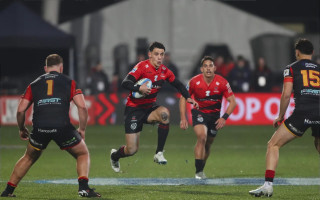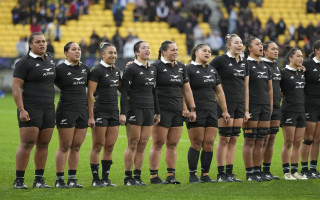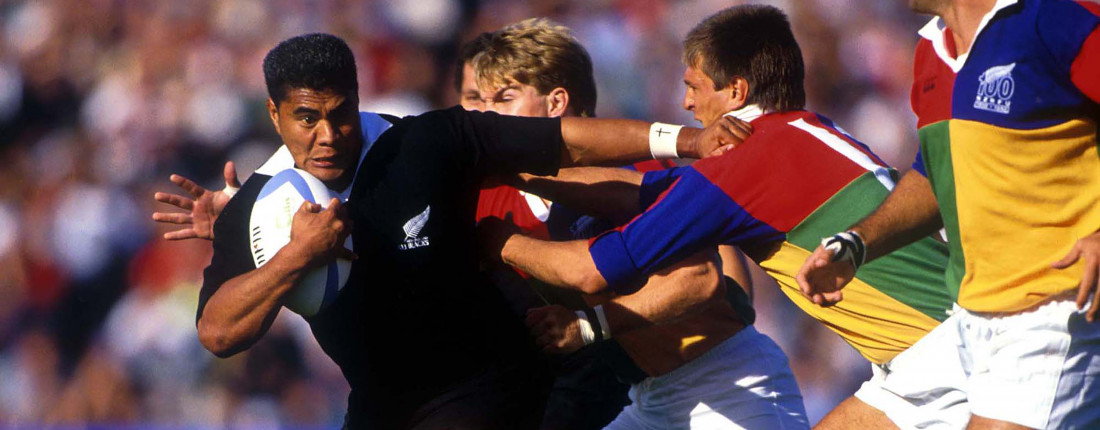
The winter of 1992 was distinctive for many reasons.
It spelt the end of a great era of the game the All Blacks enjoyed since taking out the inaugural Rugby World Cup in 1987.
The effect of the All Blacks' semifinal loss in Dublin in their World Cup defence in 1991 ushered in the realisation that future Cups would require a four-year cycle of planning and preparations.
There was a need to end the coaching controversy that resulted in the bitter experience of a perceived decline in the All Blacks laid at coach Alex Wyllie's feet. Rival John Hart was sent alongside him to the second Rugby World Cup in a bid to shore up New Zealand's effort.
The move failed and resulted in an acrimonious scrap to succeed Wyllie between Hart and Otago coach Laurie Mains.
Mains won the vote but faced an early turnaround as New Zealand hosted a World XV to play three Tests in April against the All Blacks in Christchurch, Wellington and Auckland.
Two Tests against Ireland followed before a Bledisloe Cup tour of Australia.
Adding to a memorable season was the small matter of a one-off Test to acknowledge South Africa's return to the world rugby fold after the release from prison of Nelson Mandela and the first democratic elections to be held in the post-apartheid republic.
A clean-out of the All Blacks followed as Mains and fellow selectors Earle Kirton and Peter Thorburn chose the players they felt were required.
Incumbent captain Gary Whetton was dropped, along with Zinzan Brooke, initially, and while Grant Fox retained his place, it was not without some hiccups at the season's start.
A strong team of overseas players came to New Zealand in a World XV. Thrown together as they were, they poured rain all over the All Blacks' parade when taking out a 28-14 win in the first game in Christchurch.
At one stage, the World XV led 25-6. It wasn't until 16 minutes remained that the All Blacks scored their first try to No8 Richard Turner.
The second Test followed in midweek in Wellington, and after eight minutes, referee Dave Bishop, the first home referee of a Test since 1978, sent off French lock Olivier Roumat.
Although Mains excluded Grant Fox and John Kirwan from the starting XV (both came on as replacements), the All Blacks ran riot scoring 10 tries in their 54-26 win. Afterwards, flanker Jamie Joseph received a four-week ban for tramping on and breaking Springbok Brendan Nasser's hand.
The World XV was depleted for the third Test in Auckland, Roumat and countryman Marc Cecillon returning to France and Australian captain John Eales out with a dislocated shoulder.
Who did the World XV selectors call up? Former All Black Gary Whetton. That didn't please Mains, who in his selection dropped Fox for Walter Little at first five-eighths with fullback Greg Cooper doing the goal-kicking.
Wings Kirwan and Va'aiga Tuigamala were in outstanding form alongside debutant midfielder Eroni Clarke as the All Blacks held off the World XV to take out a 26-15 win to restore the honour in New Zealand's favour with a 2-1 series win.
The outcome was reflective of an up and down centennial season. Ireland went close in the first Test losing 21-24 in Dunedin but was well-beaten in the second 59-6.
In the Bledisloe Cup, they lost the first two Tests 15-16 and 17-19 before taking the third 26-23.
But, in the most anticipated game of the year, the All Blacks scored a 27-24 win over South Africa in Johannesburg – their first game in South Africa since 1976 and their first with a neutral referee.
Despite the losses, the 100th year proved one not to be forgotten in the declining years of amateurism, and the changes Mains wrought on the All Blacks began the building process towards a memorable 1995 World Cup campaign.
